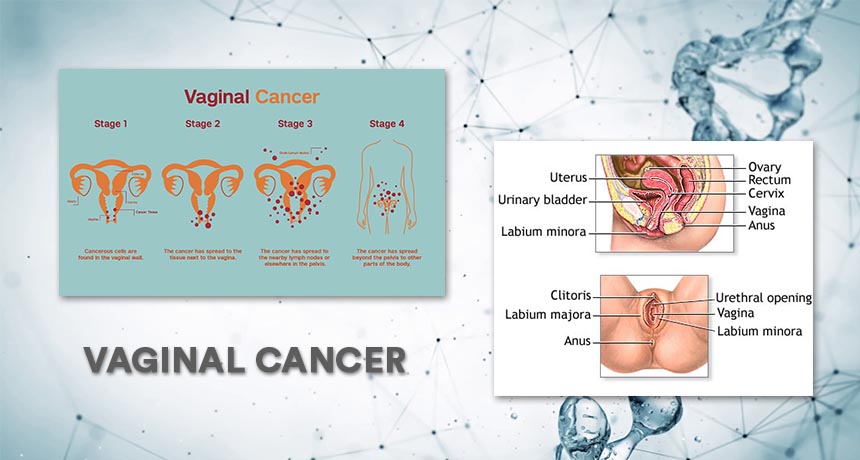- Chennai, India
- +044 4295 6777
- ayyapps1@gmail.com
The vagina, also called the birth canal, is a muscular tunnel connecting the uterus to the outside of a women’s body. Vaginal cancer can occur when malignant cells form in the muscular tissue of the vagina.

Vaginal cancer is very rare and usually occurs in women who are older than 60. Women may also be at risk if their mothers took a drug called DES (diethylstilbestrol), a drug prescribed during the 1960's to prevent miscarriages. Other risks may include carrying the human papilloma, (HPV), or having a previous abnormal Pap smear.
There are not usually noticeable symptoms of vaginal cancer. However, some women do experience symptoms. These may include:
If vaginal cancer is caught in its early stages, it is very treatable and outcomes can be excellent. If there is a concern, or a biopsy comes back with possible signs of cancer, you will be referred to a gynecological oncologist.
The Johns Hopkins Kelly Gynecologic Oncology Service is one of the world leaders in oncology care for women with cancer of the female reproductive tract. Our patients have twice the survival rates of patients of those not treated by a cancer specialist, which is why it is so important to be evaluated by an experienced gynecological oncologist at the onset of disease.
When evaluated for vaginal cancer, your doctor will take a complete medical and family history as well as perform a pelvic exam to examine the organs of the female reproductive tract for any changes in size or shape. The following tests may be ordered by your doctor to fully evaluate you for vaginal cancer:
If cancer is found in the biopsy, then your gynecological oncologist will create an individualized treatment plan for you, involving the whole patient and multidisciplinary care. Our team of experienced gynecologic oncologists treats cervical cancer in women with nationally recognized high success rates and outcomes.
Treatment for vaginal cancer may include: